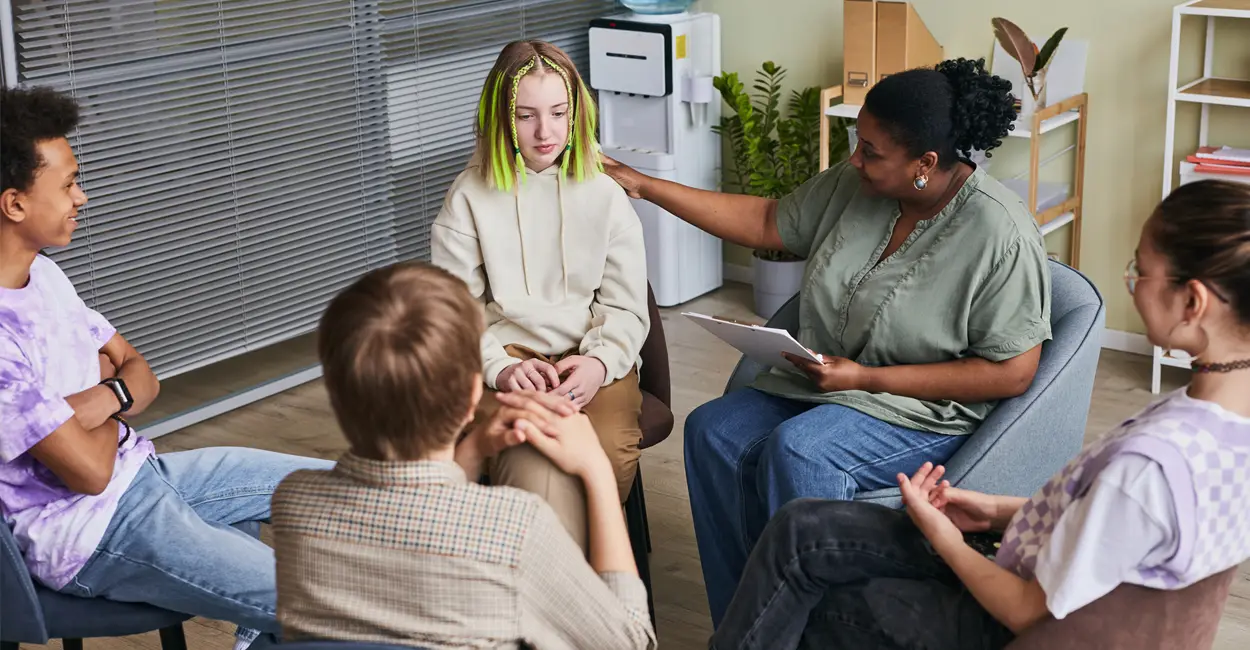24/7 Helpline:
(866) 899-221924/7 Helpline:
(866) 899-2219
Learn more about Klonopin Rehab centers in Noblesville
Klonopin Rehab in Other Cities

Other Insurance Options

Providence

United Health Care

Health Choice

American Behavioral

Group Health Incorporated

BlueShield

Kaiser Permanente

MHNNet Behavioral Health

PHCS Network

Self-pay options

WellPoint

Health Net

CareSource

Multiplan

AllWell

Absolute Total Care

UMR

Covered California

Access to Recovery (ATR) Voucher

ComPsych

Aspire Indiana Health – Noblesville
Aspire Indiana Health offers substance use disorder treatment on an outpatient basis at all of its C...

Aspire Indiana Health – Ward
Aspire Indiana Health offers substance use disorder treatment on an outpatient basis at all of its C...

Serenity Counseling Services
Serenity Counseling Services is a private rehab located in Noblesville, Indiana. Serenity Counseling...

The Coleman Institute
The Coleman Institute is dedicated on providing a rapid detox to help those individuals detoxify fro...

Pro Active Resources
Pro Active Resources is a private rehab located in Noblesville, Indiana. Pro Active Resources specia...










